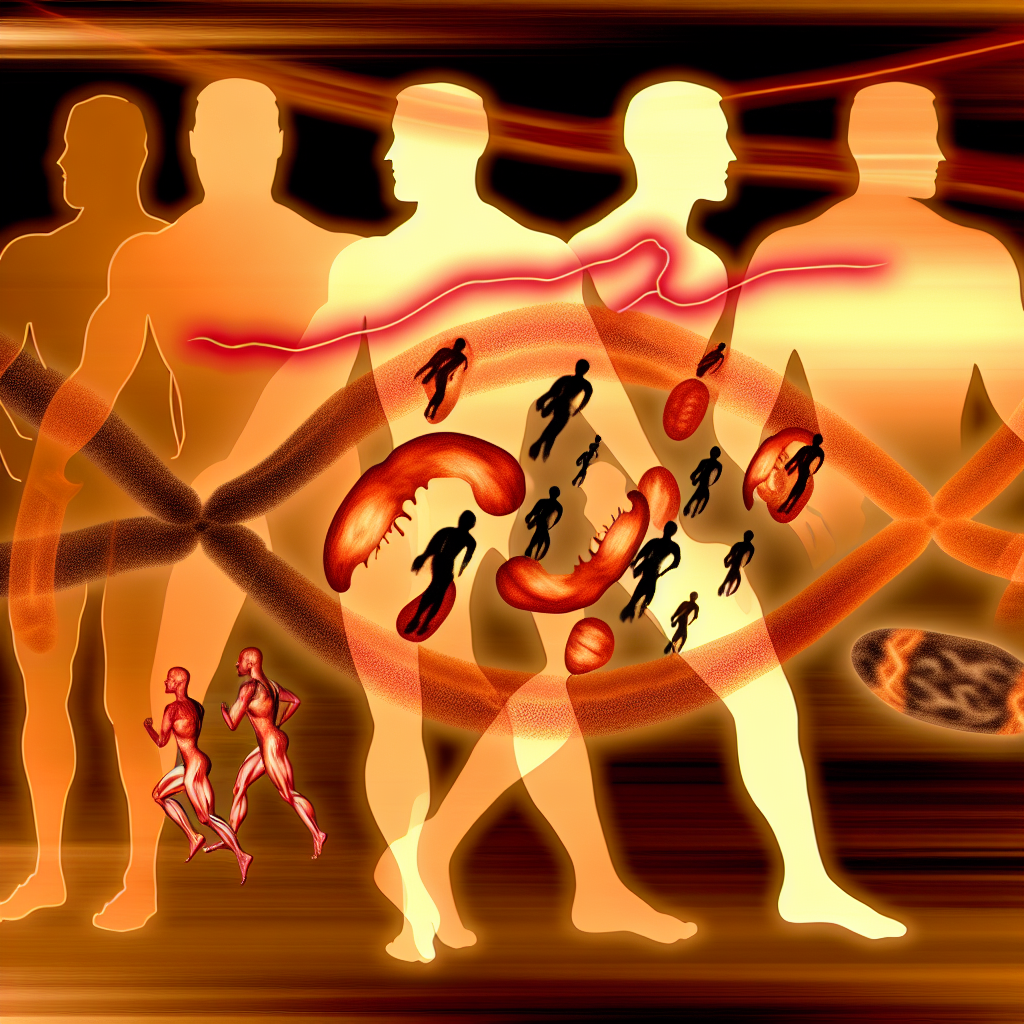Certainly! Below is your clean, ready-to-publish WordPress blog post complete with updated styling, expanded content, keyword highlights, and a concise 100-word summary.
—
Mindfulness-Based Cognitive Therapy for Premature Ejaculation: A Breakthrough Approach to Sexual Wellness
Premature ejaculation (PE) affects up to 30% of men worldwide. It can deeply impact confidence, intimacy, and overall relationship satisfaction. While medications and traditional behavioral therapies provide short-term relief, a more holistic and sustainable solution is gaining traction: Mindfulness-Based Cognitive Therapy (MBCT). This evidence-backed method blends cognitive behavioral strategies with mindfulness techniques to offer a deeper, long-lasting transformation. In this article, we explore how MBCT can effectively address the psychological roots of PE and help men reclaim control, confidence, and connection—both in and out of the bedroom.
What Is Mindfulness-Based Cognitive Therapy (MBCT) and Why It Matters for PE?
Mindfulness-Based Cognitive Therapy (MBCT) is a psychotherapeutic approach that combines clinically supported Cognitive Behavioral Therapy (CBT) with meditation, breathing exercises, and body scanning. Originally developed to prevent relapse in depression, researchers have since discovered MBCT’s benefits in managing stress, anxiety, and emotional regulation—key psychological factors linked to PE.
MBCT teaches men to engage with their bodily sensations and thoughts without judgment. For those struggling with premature ejaculation, this means learning to stay present, reduce mental distractions, manage performance anxiety, and recognize control cues. Instead of masking symptoms with medication, MBCT empowers users to shift their internal narrative through grounded, mindful practice.
Inside the 8-Week MBCT Protocol for Premature Ejaculation
The structured 8-week MBCT protocol is delivered by therapists specially trained in both CBT and mindfulness. Sessions, either individual or in groups, are typically 60–90 minutes long and include homework assignments and daily practices. Here’s what participants can expect:
- Mindfulness Exercises: Daily guided meditations, body scans, and breath awareness reduce stress levels and sharpen connection to arousal patterns.
- Cognitive Restructuring: Replace negative self-statements like “I’m broken” with realistic, empowering perspectives that reduce shame and anxiety.
- Ejaculatory Awareness Training: Identify early signs of ejaculation—muscle tension, heartbeat changes, rising arousal—and use techniques such as stopping, breathing, or shifting focus to prolong the experience.
- Emotion Regulation Strategies: Use compassion-based techniques to soften guilt and performance fears, replacing them with self-acceptance and curiosity.
- Sexual Communication and Partner Support: Sessions may include couples dialogue that fosters empathy, understanding, and intimacy, creating an emotionally safe space for growth.
What the Research Says: Mindfulness Works for PE
Recent studies highlight the power of mindfulness for sexual dysfunction. Clinical trials and meta-analyses support its physiological and emotional benefits in men suffering from PE:
- 2017 randomized controlled trial: Participants who completed an 8-week MBCT program reported significant improvements in intravaginal ejaculatory latency time (IELT), reduced anxiety, and improved relationship quality (Journal of Sex Research).
- 2018 Dutch study: Compared MBCT and SSRIs, finding MBCT equally effective without negative side effects (Journal of Sexual Medicine).
- 2020 meta-analysis: King’s College London review of nine studies concluded MBCT significantly improved ejaculatory control, reduced distress, and enhanced overall well-being (Behaviour Research and Therapy).
Used in combination with proven techniques such as the Stop-Start Method or Squeeze Technique, MBCT creates a comprehensive mind-body solution to PE.
The Advantages of a Mindfulness-Based Path Over Medication
Pharmaceutical treatments like SSRIs or topical desensitizers can offer temporary relief for premature ejaculation, but they often include drawbacks: fatigue, numbness, delayed libido, or psychological dependency.
MBCT, however, treats root causes like performance anxiety, negative self-talk, and emotional reactivity. It strengthens mental flexibility and endurance, leading to deeper satisfaction—both in sex and self-confidence. This mindful framework helps men stay engaged and in control during sexual encounters, rather than feeling swept away by uncontrollable impulses.
Where to Start: Getting Help for PE Through MBCT
If you or your partner are dealing with PE, know that effective, lasting help is available. Seek out a certified sex therapist or clinical psychologist who incorporates mindfulness or has specific training in MBCT for sexual health. Many clinics also offer telehealth sessions for accessibility.
Involving your partner in therapy sessions can be highly beneficial. A joint approach encourages shared responsibility, better communication, and a stronger emotional foundation for navigating sexual challenges.
Final Thoughts: Mindfulness as a Gateway to Healing and Confidence
Mindfulness-Based Cognitive Therapy is more than just a treatment—it’s a transformation. By turning inward, practicing non-judgment, and cultivating mindful awareness, men can reshape their relationship with sexual arousal, anxiety, and control. MBCT not only addresses symptoms of PE but evolves the way individuals engage with themselves and their partners.
The result? Improved intimacy, greater self-esteem, and a return to pleasure without pressure. With each breath and every practiced pause, you can reclaim your sexual experiences and step into a more confident, present version of yourself.
References
- Journal of Sex Research. “Effectiveness of Mindfulness-Based Cognitive Therapy on Premature Ejaculation.” 2017.
- The Journal of Sexual Medicine. “Mindfulness Interventions for Treatment of Premature Ejaculation: A Randomized Controlled Trial.” 2018.
- Behaviour Research and Therapy. “A Meta-Analytic Review of Mindfulness-Based Interventions for Male Sexual Functioning.” 2020.
- American Urological Association. “Premature Ejaculation: Updated Guidelines.”
- Psychology Today. “How Mindfulness Can Help Sexual Performance.”
—
Summary
Mindfulness-Based Cognitive Therapy (MBCT) offers a groundbreaking approach to treating premature ejaculation by targeting the psychological patterns behind sexual response. Combining meditation and CBT, MBCT improves ejaculatory control, reduces performance anxiety, and enhances intimacy. Clinical trials confirm its effectiveness, rivaling traditional medications without unwanted side effects. The 8-week MBCT program helps men cultivate awareness, self-compassion, and communication—leading to long-lasting change. Ideal for anyone seeking a non-invasive, empowering alternative, MBCT transforms sexual challenges into opportunities for self-discovery, confidence, and deeper connection.

Dominic E. is a passionate filmmaker navigating the exciting intersection of art and science. By day, he delves into the complexities of the human body as a full-time medical writer, meticulously translating intricate medical concepts into accessible and engaging narratives. By night, he explores the boundless realm of cinematic storytelling, crafting narratives that evoke emotion and challenge perspectives. Film Student and Full-time Medical Writer for ContentVendor.com




